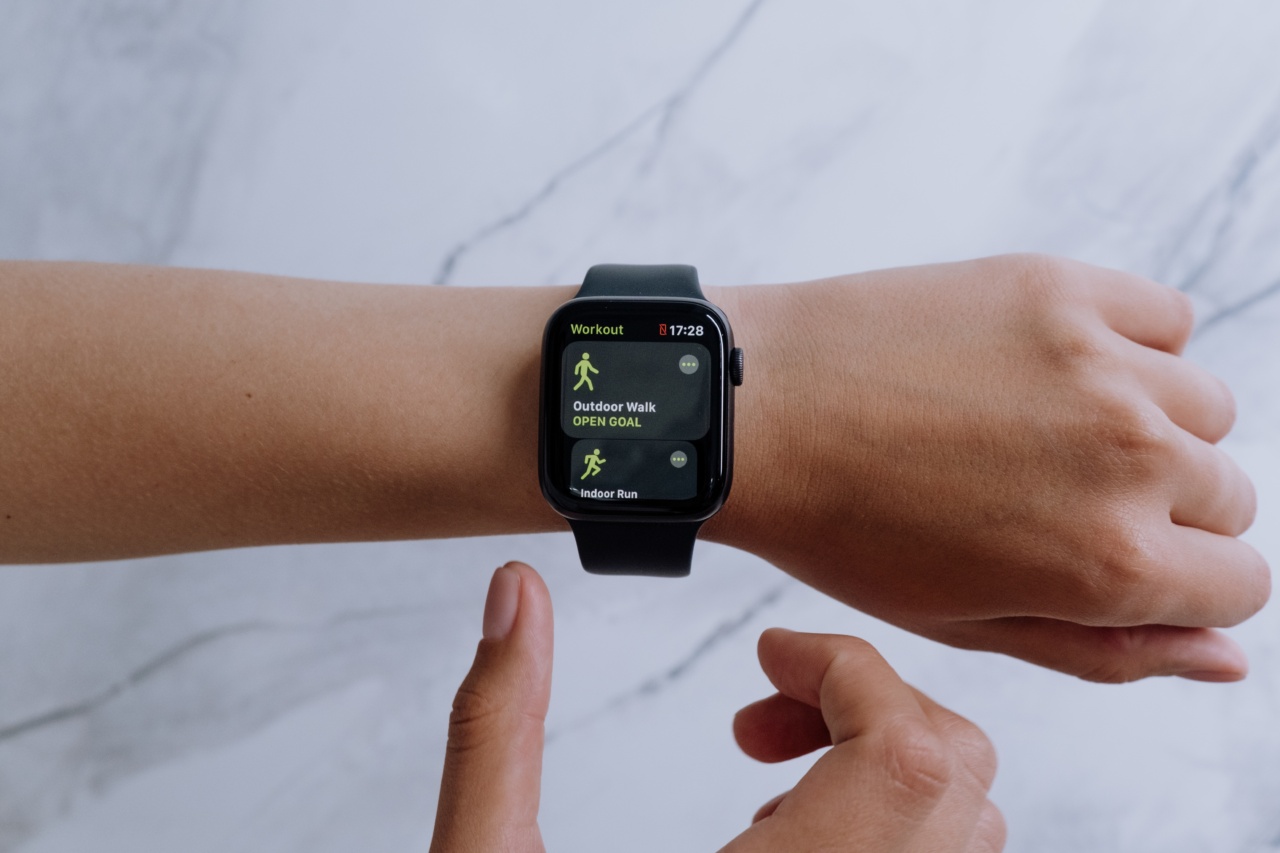The rise of technology and social media in recent years has had a profound impact on our lives, including our mental health.
While digital tools offer many benefits such as convenience, connectivity, and access to information, they have also brought about new challenges and risks. In this article, we will explore the digital epidemic and how to navigate modern mental health in the digital world.
Understanding the Digital Epidemic
The digital epidemic refers to the negative impact that digital technology and social media can have on our mental health. Some of the common issues associated with this epidemic include:.
- Increased stress and anxiety due to constant connectivity and information overload.
- Comparison and self-esteem issues caused by social media and online culture.
- Cyberbullying and harassment.
- Sleep disruption and addiction to screens.
- Reduced face-to-face interaction and social isolation.
Signs of Digital Overload
It is important to be aware of the signs of digital overload and to take action if necessary. Some of the signs include:.
- Constantly checking your phone, even when there are no notifications.
- Feeling anxious or stressed when you are away from your phone or the internet.
- Difficulty focusing or completing tasks due to distractions from digital devices.
- Elevated heart rate or other physical symptoms when using digital devices.
- Neglecting responsibilities such as work, school, or personal relationships due to excessive use of digital devices.
Strategies for Navigating Modern Mental Health
While the digital epidemic can have a negative impact on mental health, there are also steps you can take to protect yourself and improve your well-being. Here are some strategies:.
Establish Boundaries
One of the most important strategies is to establish boundaries around your use of digital devices. This can include:.
- Setting limits on your screen time.
- Muting notifications or turning off your phone during meals, meetings, or other important events.
- Avoiding social media or other digital tools that make you feel anxious or stressed.
- Reserving special time for face-to-face interaction with loved ones.
Develop Healthy Habits
Developing healthy habits can also have a positive impact on your mental health. This may include:.
- Getting enough sleep and establishing a regular sleep pattern.
- Engaging in regular physical activity.
- Meditating or practicing other mindfulness techniques.
- Limiting alcohol consumption and avoiding drugs.
Seek Help
If you are struggling with mental health issues related to the digital epidemic, it is important to seek help. This may include:.
- Talking to a trusted friend, family member, or therapist.
- Participating in support groups or online communities focused on mental health.
- Consulting with a mental health professional for more advanced care.
Conclusion
The digital epidemic is a growing concern for mental health professionals and individuals alike.
By understanding the risks associated with digital technology and social media, developing healthy habits, and seeking help when necessary, we can better navigate modern mental health and protect our well-being in the digital age.































